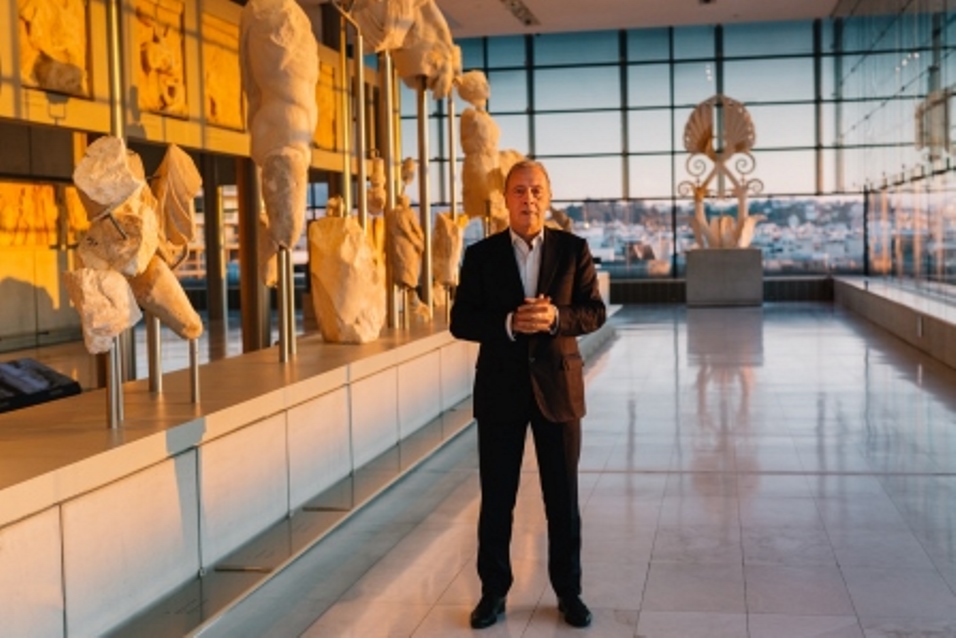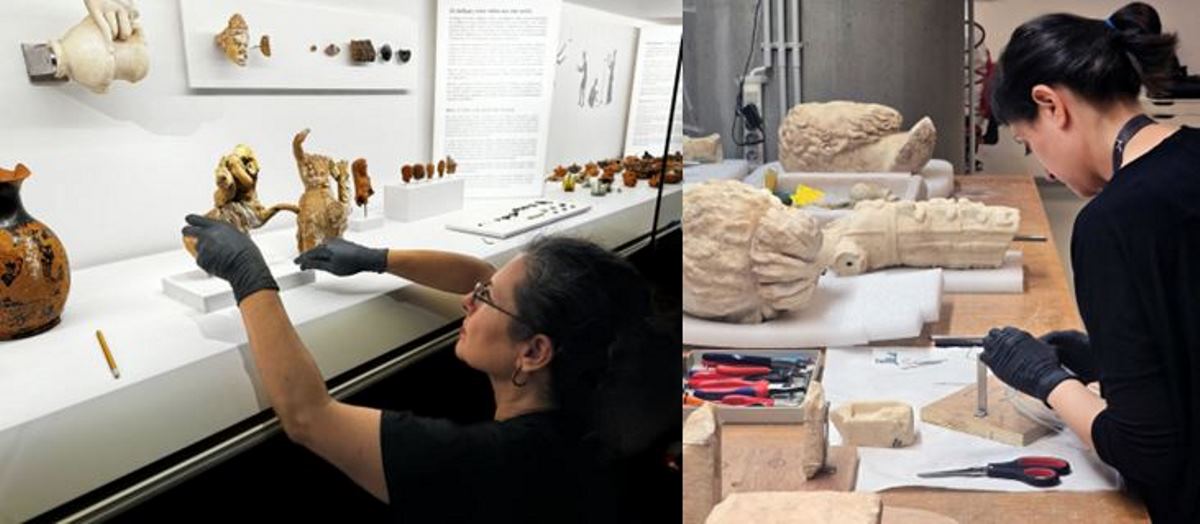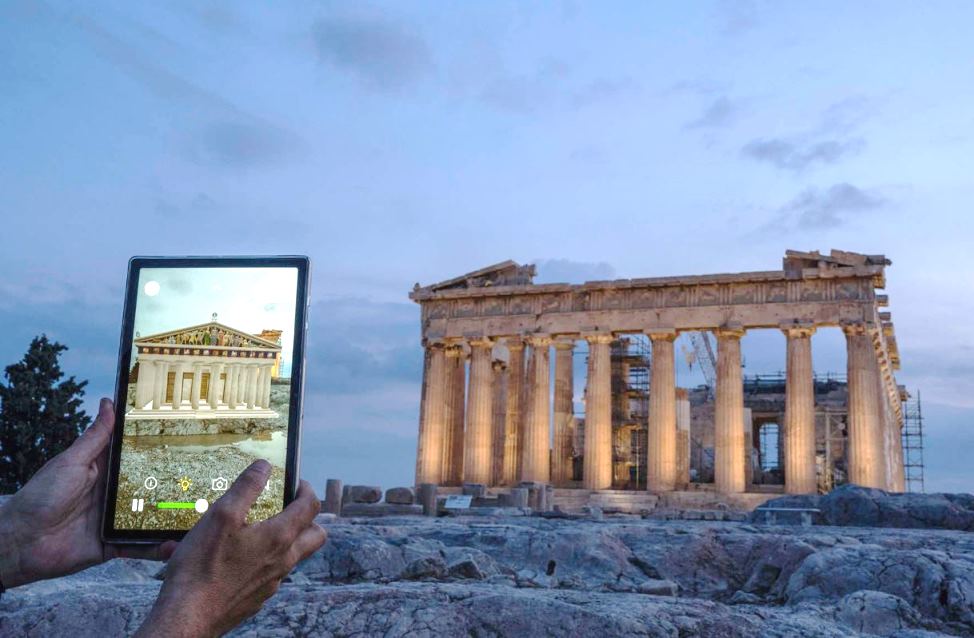President of the Republic Karolos Papoulias, on a state visit to Finland, expressed hope that the Parthenon Marbles, which are currently in the British Museum, will soon be placed "in the spot awaiting them", a reference to the New Acropolis Museum that will be inaugurated next month.
The Greek president addressed a seminar on the Parthenon Marbles on Wednesday evening at the University of Helsinki, organised by the Finnish Committee for the Restitution of the Parthenon Marbles, which was set up last year as part of the International Association for the reunification of the Parthenon friezes.
The need for the return of the Marbles was stressed by Committee's president, former Finnish ambassador to Greece Ole Norrback, an archaeologist, the director of the New Acropolis Museum, Dimitris Pantermalis, as well as noted Cambridge professor and chairman of the British Committee for the Reunification of the Parthenon Marbles Anthony Snodgrass.
The speakers, both during their addresses and a preceding press conference, noted that they had recently brought up the issue of the Marbles' return in the British House of Commons, while Prof. Pantermalis reiterated that replicas of the Parthenon Marbles already in the British Museum could supplement the original Marbles if the latter were returned to Athens and displayed at the new Acropolis Museum, erected 400 metres from the Acropolis.
In a brief greeting, Papoulias stressed that the Committee's efforts are proof that the return of the Marbles was not the cause of just one country, but an international cause, just as the message of the Acropolis regarding "the moderation and human scale in all our activities" is a universal one.
Prof. Norrback, the second longest-serving minister in Finland between 1979 and 1999, before leaving politics to become a diplomat, said the hosting of the 2012 Olympic Games by London provided the UK with a unique opportunity to act in accordance with international agreements and contemporary reasoning, by announcing the return of the Parthenon Marbles to Athens.
"This would be a perfect combination of the noble principles of antiquity and modern-day application of the Olympic Spirit, and such an action would display genuine respect for other civilisations and their cultural legacies," Norrback stressed.
Later, Papoulias and Finnish President Tarja Halonen, who is also a proponent for the return of the Marbles, inaugurated a photo exhibition on the Acropolis restoration works and of the New Acropolis Museum, after which Papoulias hosted a reciprocal reception in honor of Halonen.
Greece has vigorously campaigned for the return of the priceless 5th century BC Parthenon Marbles -- friezes and other structural parts of the Parthenon -- from the British Museum.
The Marbles, which date from between 447 BC and 432 BC, were removed from the Parthenon -- the temple dedicated to the ancient goddess Athena that crowns the Acropolis -- by notorious British diplomat Lord Elgin in the early 19th century with the tacit permission of local Ottoman overlords then ruling in the area.
Elgin had crews slice off the friezes and other parts of the impressive Parthenon temple, shipping then off to England before being forced to sell them off to the British Museum.





Comments powered by CComment